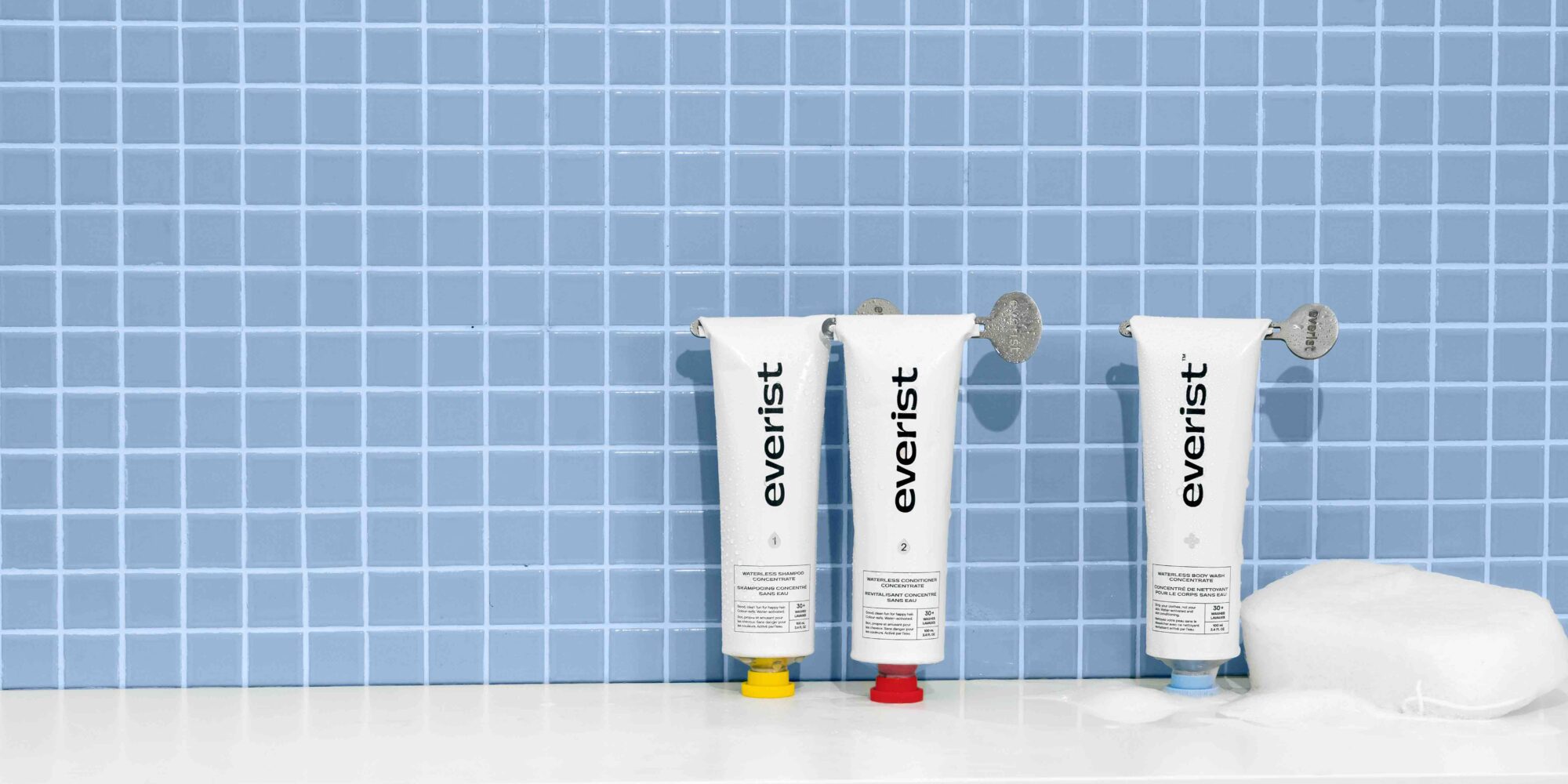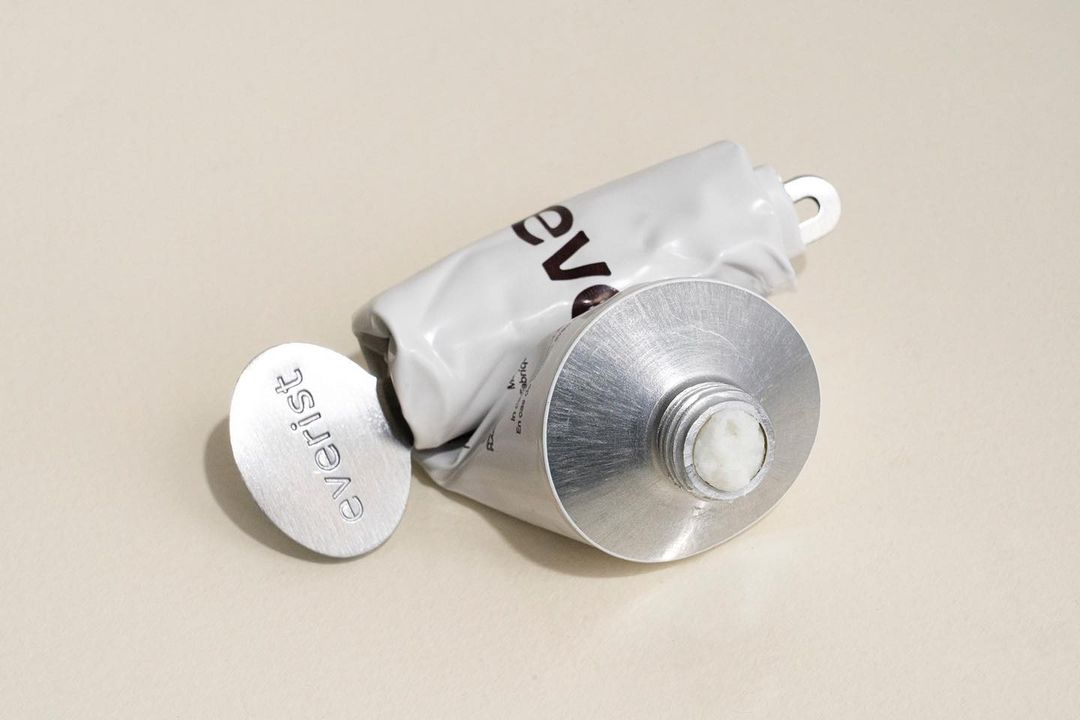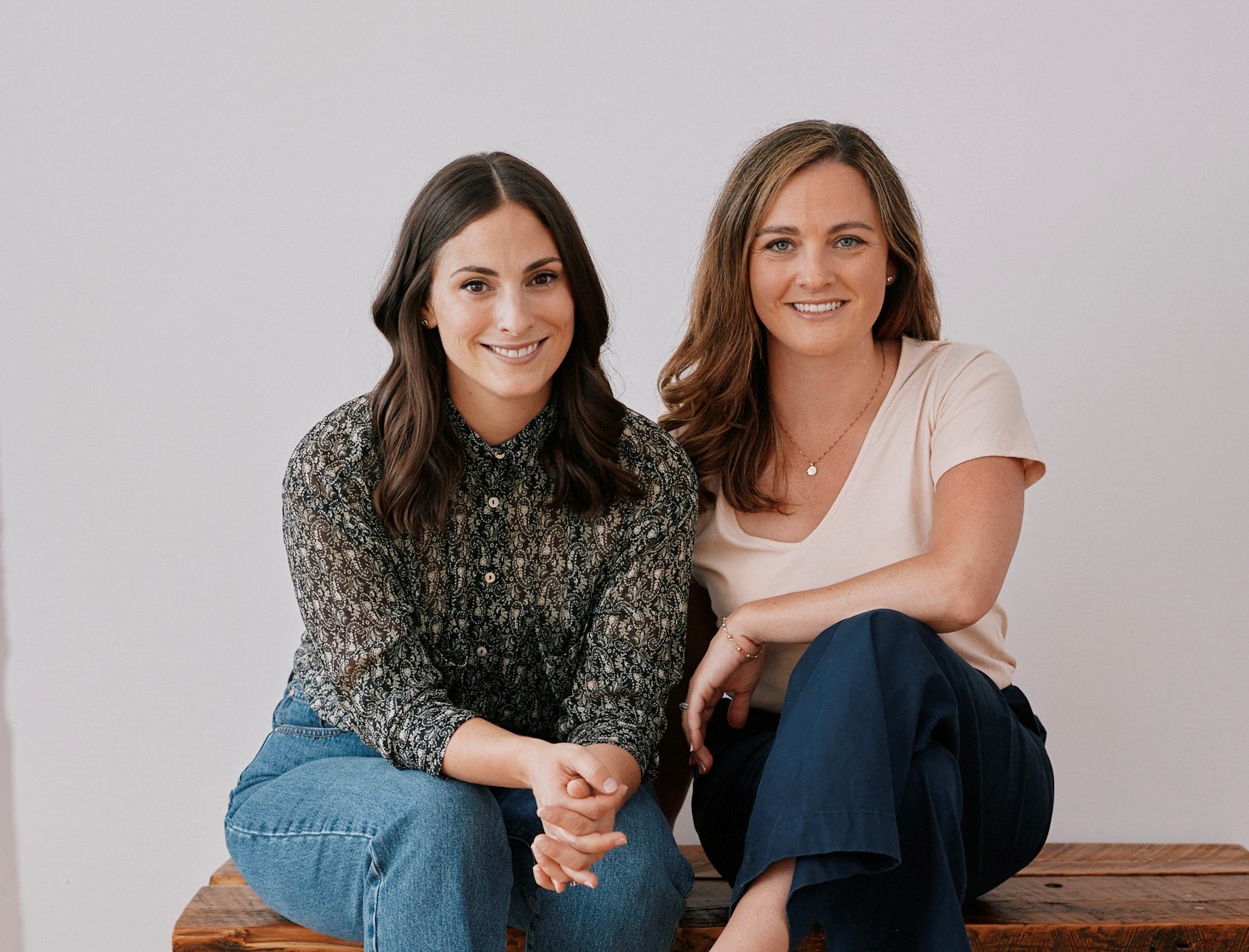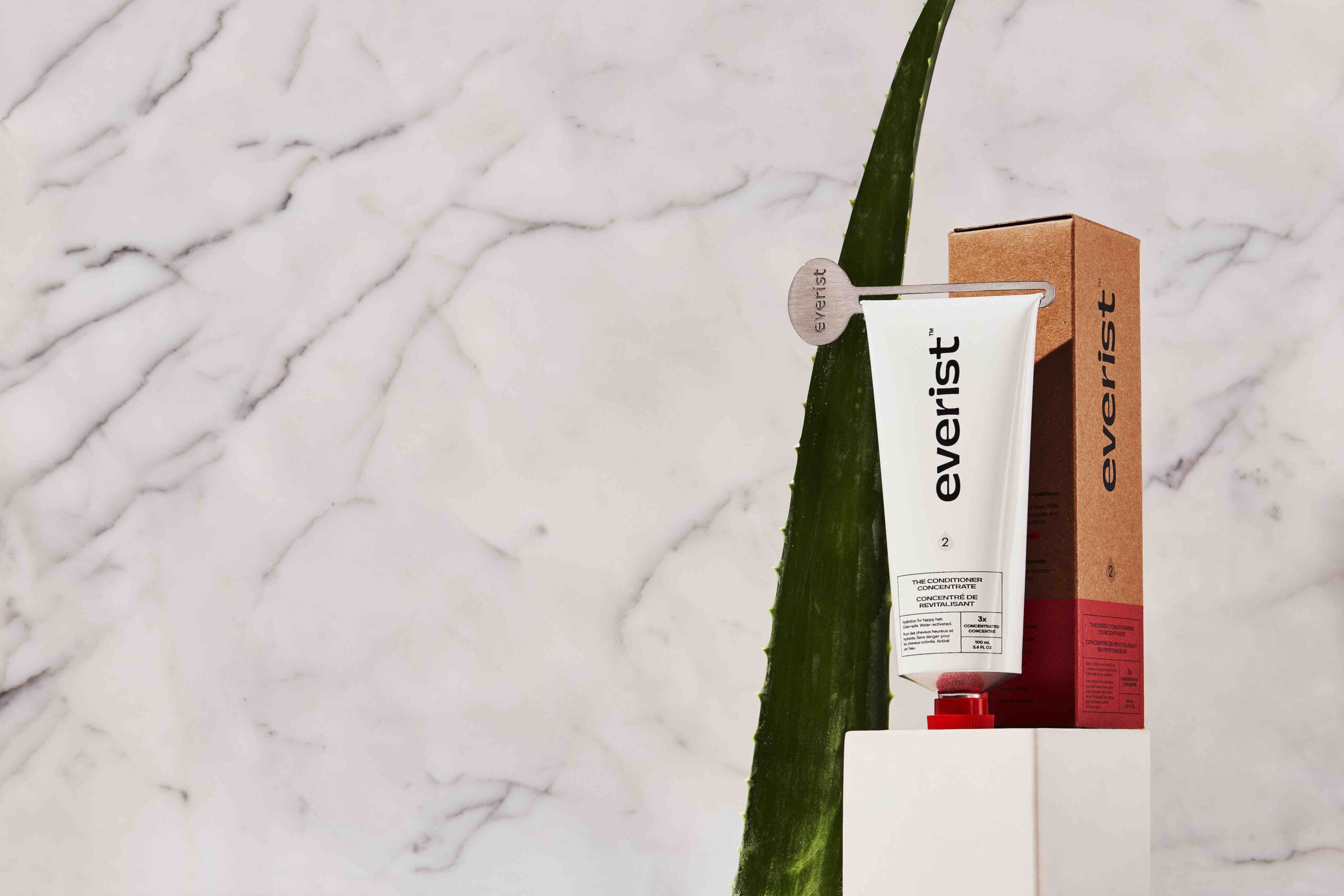
Everist’s Marketing Shift To Product Performance Over Sustainability Supercharges Sales
Everist, a 3-year-old eco-friendly brand with waterless hair and body care concentrates, has shifted its digital marketing and advertising focus from sustainability to product performance, boosting sales and profitability.
The shift comes as some sustainability-oriented beauty brands centered on formats (for example, bars, sheets or refills that reduce environmental damage) have struggled, and consumers are increasingly wary of spending on sustainable goods that don’t deliver. It helped Everist’s direct-to-consumer sales spike 858% so far this year versus the same period last year. The brand has been profitable since April and reached first-order profitability on DTC orders starting in November last year, increased average order value from $55 to $95 and doubled website conversion to roughly 6%.
Rather than primarily highlight what’s not in its products (namely water), Everist’s advertising and marketing has evolved to primarily highlight what’s in its products—their base consists of more than 50% aloe vera and glycerin—as it tells a haircare-meets-skincare story in a haircare market in which the “skinification” of haircare trend still reigns linking skincare ingredients and care for scalp skin to haircare. The marketing and advertising also highlight product benefits such as less scalp irritation and hair falling out.

“Because our concept is so novel, being able to really simplify the messaging in a way that people can understand the product makes it seem less different and less intimidating,” says Everist co-founder Jayme Jenkins, former VP of marketing and corporate responsibility at Natura and L’Oréal. “What we have heard from our community is what they love the best about the product is the results for their hair, skin and scalp.”
In addition to the brand’s haircare-meets-skincare messaging that zeroes in on moisturization and its products’ rich texture, Jenkins points out positive comments on ads from customers who’ve become advocates for it are spurring word of mouth and improving ad efficiency. The majority of traffic coming to Everist’s site is organic and arrives at it via Google searches, particularly for its products.
“Being able to really simplify the messaging in a way that people can understand the product makes it seem less different and less intimidating.”
Today, Everist’s core consumers are women aged 40 to 60 years old. Due to hormonal fluctuations, their hair and scalp have become drier, and they’re flocking to it to combat dryness and achieve softer, shinier hair that’s easy to style. About one-fifth of the brand’s DTC customers are men, and 85% of its business is in DTC distribution. Outside of DTC distribution, the brand is sold at The Detox Market, Whole Foods, Amazon, Grove Collaborative, Well.ca and select boutiques and salons.
The messaging isn’t the only thing that’s changed at Everist. Last year, the brand ended relationships with external agencies to handle its full suite of advertising and marketing, from e-mails to Meta ads, in-house. Headquartered in Toronto, Everist’s staff has five people.

The same year, it launched The Deep Conditioning Concentrate, its current bestseller along with The Shampoo Concentrate, reformulated its shampoo concentrate to include a plant-based bond repairer, consolidated its manufacturing with an eye toward scaling and introduced two sizes of aluminum tin packaging. Its products previously were housed exclusively in aluminum tubes with plastic caps. Considering itself entry-level prestige, both Everist’s The Deep Conditioning Concentrate and The Shampoo Concentrate are priced at $24.
While the brand has moved away from sustainability as the focus of its marketing and advertising, it hasn’t abandoned its sustainability efforts. Its aluminum packaging and paper cartons are 100% recyclable, and it estimates its products’ carbon footprint is 77% smaller than the carbon footprint of conventional haircare products and their waste stream is 62% smaller than conventional haircare products. To limit emissions, most of its suppliers are within a 70-mile radius.
“We’ll always be developing our products with low to no water and thinking about concentrated, active plant-based formulas.”
Jenkins and Jessica Stevenson, her co-founder at Everist and former GM at Nude by Nature and senior marketing director at Revlon, don’t believe sustainability has become irrelevant. They emphasize it can be a retention motivator. However, they caution a prioritization of sustainability in marketing and advertising can cause consumers to conclude a brand requires them to make sacrifices.
“It adds a layer of brand identity and a layer of connection with the brand, but I think at the end of the day the most sustainable thing you can do is really to buy nothing or to use what you have,” says Jenkins. “So, I think speaking to a group who has a specific need and then, of course, filling out that story with our mission and why we’re building this brand and what’s important to us is really the way that we want to approach it.”

Among Everist’s next steps are pinning down a destination retailer to expand its distribution and securing growth funding. To date, the brand has raised $2 million in funding. It expects to close a growth funding round in the fall. To support its retailers and sample in person, where the brand says it’s seen “significant growth,” it’s developed a scalp treatment that can be conducted on the floor without a sink.
To verify its product results, Everist commissioned TRI Princeton to run what it describes as a “pre-clinical” study with four people that measured the scalp hydration benefits associated with Everist’s concentrated waterless haircare products versus conventional haircare products using infrared spectroscopy. A broader clinical trial is expected in the future, and the brand plans to release products that build out its customers’ hair rituals.
Jenkins says, “We may not be speaking to waterless first as we had previously, but I think we’ll always be developing our products with low to no water and thinking about concentrated, active plant-based formulas, just the good stuff that really has that impact that you’re looking for.”





Leave a Reply
You must be logged in to post a comment.